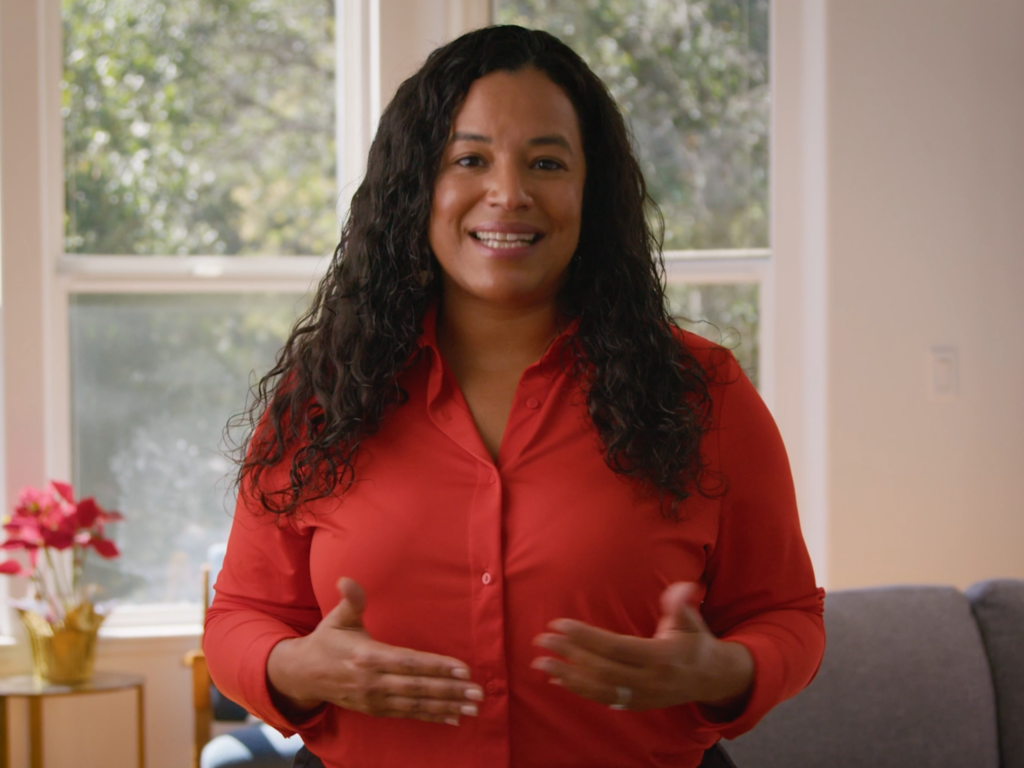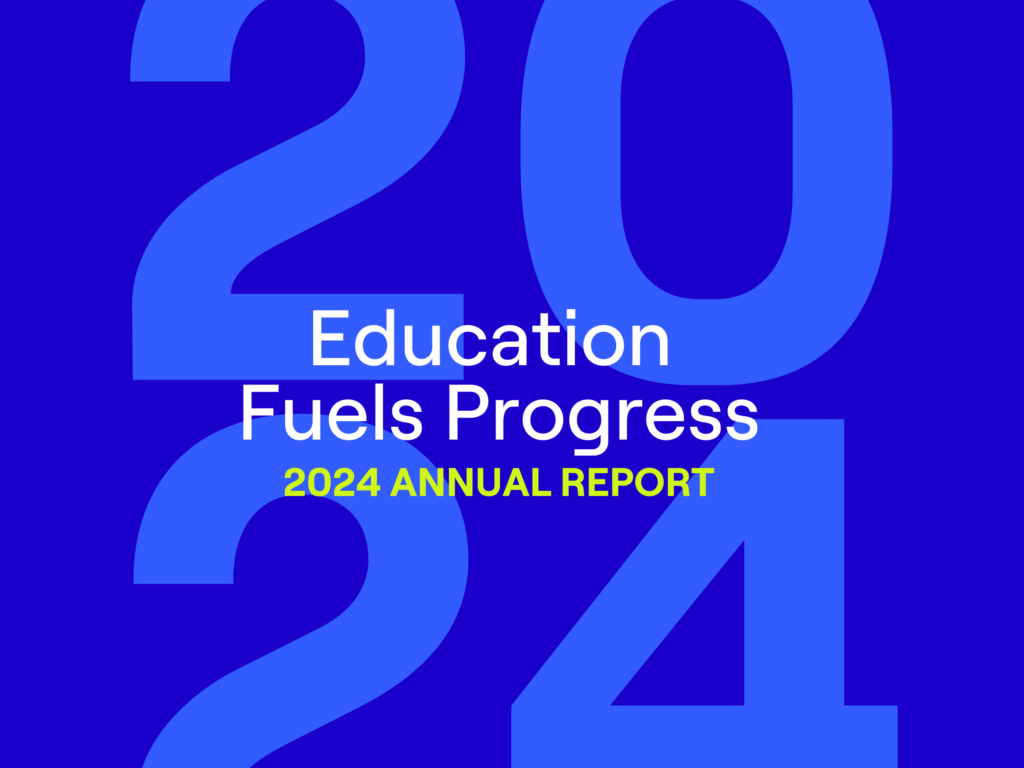This guest post was written by Ellen Winn of the Education Equality Project, a national, bipartisan advocacy organization dedicated to closing the achievement gap.
 The recent death of achievement-gap closing hero Jaime Escalante (whose story was brought to life via the film “Stand and Deliver”) has got me thinking anew about how we can close the achievement gap. If Escalante did one thing, he debunked the myth that “those” kids – the ones from high-poverty and/or high-minority schools – can’t achieve to great heights. Escalante’s motto was that “students will rise to the level of your expectations,” and he made good on it. At his peak, in 1987, his students accounted for 26% of the Mexican-American students who passed the AP Calculus exam. Not in L.A. (where Escalante taught at Garfield High School), and not in California, but in the country. (Kudos to Jay Mathews, whose book and recent article on Escalante do this man and his story real justice.)
The recent death of achievement-gap closing hero Jaime Escalante (whose story was brought to life via the film “Stand and Deliver”) has got me thinking anew about how we can close the achievement gap. If Escalante did one thing, he debunked the myth that “those” kids – the ones from high-poverty and/or high-minority schools – can’t achieve to great heights. Escalante’s motto was that “students will rise to the level of your expectations,” and he made good on it. At his peak, in 1987, his students accounted for 26% of the Mexican-American students who passed the AP Calculus exam. Not in L.A. (where Escalante taught at Garfield High School), and not in California, but in the country. (Kudos to Jay Mathews, whose book and recent article on Escalante do this man and his story real justice.)
As Wendy Kopp recently reminded me – and more than 500 other go-getter education reformers at the Yale Education Leadership Conference – Escalante used to be our only example of such success. But there are now many high-poverty, high-minority schools that are also high-achieving. These schools have changed the landscape of education in our country permanently. It’s worth emphasizing that many of them are traditional public schools, not just stand-out charters. Karin Chenoweth of Education Trust has done an incredible job of telling their stories; I wish It’s Being Done and How It’s Being Done were mandatory reading for anyone who’s given up on public education.
But . . . we’re still talking about pockets of success. We haven’t gotten to that elusive tipping point where these extraordinary schools become ordinary. Speaking last week at KIPP Houston’s annual dinner, Secretary Duncan had this to say:
“I am getting impatient with talking about ‘islands’ of educational excellence. If no man is an island, no school should be either…. I want to flip that presumption. I want to stop treating success as though it was a one-off, attributable just to heroic teachers or charismatic principals. I want to ask instead: Why can’t success be the norm?”
Duncan‘s question is the right one. However, there is no single, pat answer for how to make success the norm, or for how to ensure that every student, regardless of race, income, or zip code, is guaranteed a world-class education. Instead, to achieve such profound change on such a huge scale, we’re going to need a long list of strategies.
And here’s my bet on who’s going to provide most of those: edupreneurs. In fact, as readers of this blog know very well, edupreneurs are already hard at work—starting new schools; transforming and turning around existing schools; coming up with entirely new paradigms for learning (check out the School of One); turning old-school curricula on their heads; experimenting with incentives and the demand-side of the education equation; rethinking how we recruit, develop, and retain top education talent; etc. They’re showing exactly the boldness, creativity, and impatience with stale truisms that our kids need and deserve.
I’d like to challenge our edupreneurs to keep the national impact of their work in mind, even as they stay primarily focused on their particular innovations in particular schools. If we’re going to be really serious about our mission to transform all schools, we’ve got to bake equity in from the get-go. And as a starting point, I’d like to propose the following set of equity principles to guide our work:
- Scale. Every time we create a great new school, a great new teacher, or a powerful new learning tool, there are the lucky students who benefit and the unlucky ones who don’t. (The most powerful representation of this inequity I’ve ever seen is the soon-to-be-released documentary “The Lottery,” in which parent after parent asks why they must “win the lotto” to give their child a chance at a good education.) Without sacrificing quality, we must plan for and communicate efforts to bring innovation and equity to scale from the beginning.

- Inclusivity. All means all. In our various efforts, we must ensure that we’re serving every student – English Language Learners, special education students, students who enter far below grade level, etc. Let’s put an end to the creaming criticism by making it clear that our reforms work for all kids.
- Impact. If we’re serious about impact—equity and excellence at scale ASAP—we have to work inside as well as outside the traditional public school system. (See Tom Vander Ark on how Cristo Rey parochial schools are closing the gap in 24 communities.) That doesn’t mean that charter schools can’t be excellent laboratories of change (they clearly are) but we have to hammer out strategies that can be brought to all public schools.
- Diversity. We serve communities in need—communities that have been underserved for generations. And we have to appreciate the importance, for our teams and for the children we serve, of training, incubating, and growing minority leadership across the board. (Teach for America has been committed to diversity from the start, and their applicants and corps members reflect these efforts. Of course, however, there is far more work to be done.)
By all means, let’s throw the proverbial spaghetti on the wall of the education crisis in America and see what sticks. But let’s not forget for a moment how urgent it is that our best new ideas and practices be brought to every school and every child.
P.S. Escalante has been a hero of mine since my 8th grade algebra teacher, Mr. Zekany (Tappan Jr. High School in Ann Arbor, MI), showed us “Stand and Deliver,” telling us Escalante was his hero.
Ellen Winn is the Director of the Education Equality Project (EEP) and can also be found blogging for National Journal. Before joining EEP, Ellen directed the Office of Strategic Partnerships at the NYC Department of Education; prior work included stints in philanthropy, child poverty alleviation, and for-profit health care research. Ellen holds a BA from Haverford and an MPP from University of California-Berkeley. Ellen serves on the board of the Rhode Island Mayoral Academies and on the advisory board of Education Pioneers NYC Metro Area and City Prep Academies.


